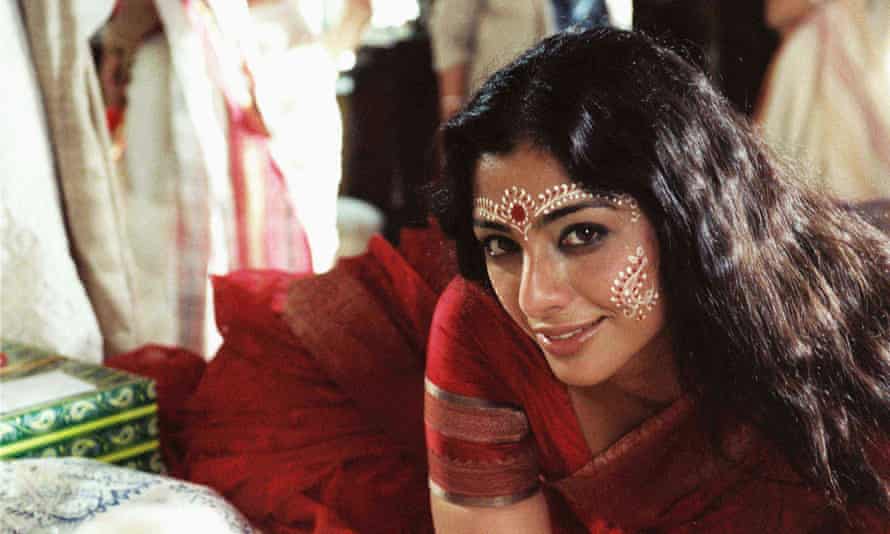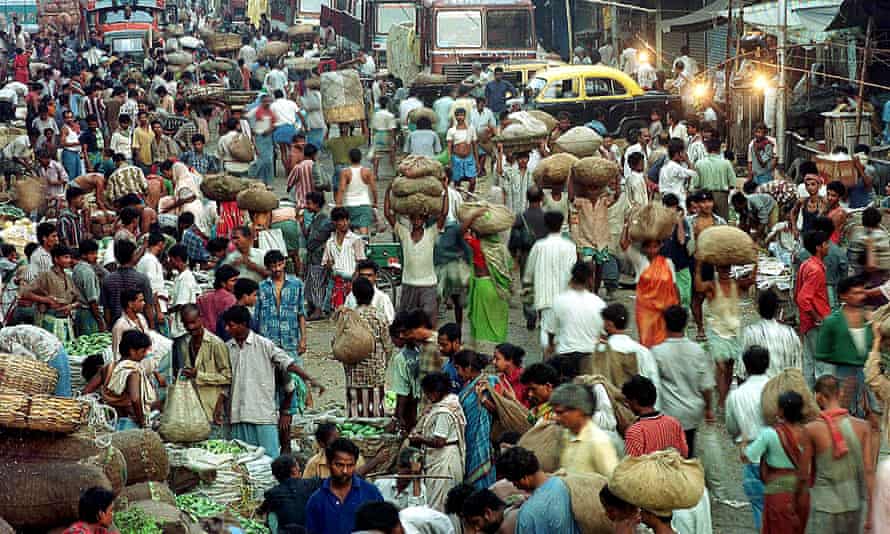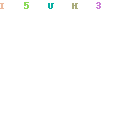Top 10 books about Calcutta
From Jhumpa Lahiri to Amit Chaudhuri, these novels and histories portray a teeming, paradoxical city – and its diaspora – that is a world unto itself
Calcutta is the city of my parents. It was from there that my father set sail for Britain and for Glasgow, in what I can only imagine was a quest for the coldest, wettest place he could find to raise a family. Calcutta … I should call it Kolkata, and I do when speaking Bangla, but in English I will always call it Calcutta, as did my father and as does pretty much every Calcuttan I know. I set my Wyndham and Banerjee novels there because it’s a place dear to my heart, and because no city better symbolised British India in the 1920s than the paradox that was Calcutta.
Few places embody the culture of an entire people in the way this city does. To Bengalis, it is an intrinsic part of their cultural identity, much as Jerusalem is to both Jews and Palestinians. To delve into Calcutta is to delve into the souls of its people, its inhabitants and also the many thousands of its children who, like my parents, travelled the globe in search of a better life. Indeed, some of the best books about Calcutta are stories written of and by its diaspora, of their heartbreak and longing for this wretched yet wondrous city which circumstance forced them to leave.
1. City of Joy by Dominique Lapierre
Set in the slum of Anand Nagar, City of Joy follows the tribulations of a young European missionary and an impoverished Indian rickshaw puller. Based on the true story of a Swiss nurse who devoted his life to improving the welfare of slum dwellers, it was later turned into a film starring Patrick Swayze. Written in the 1980s, the book skirts pretty close to a white saviour narrative but is redeemed by its willingness to examine the other Calcutta – one steeped in culture – at a time when most western narratives looked solely at the poverty.
2. Afternoon Raag by Amit Chaudhuri
As much an extended prose poem as a novel, this is the account of a young Bengali man studying at Oxford and caught in a complicated love triangle. His loneliness and melancholy sharpen his memories of his upbringing in Bombay and his holidays spent at the ancestral home in Calcutta, memories that come back to haunt him in vivid, sensory detail. Intensely moving, superbly written, this is a novel about belonging; of new worlds and old homes.
3. The Lives of Others by Neel Mukherjee
Breathtaking in scope, The Lives of Others tells the story of three generations of the Ghosh family, all living together in an upmarket suburb of Calcutta. Unnoticed by his family, Supratik has become dangerously involved in extremist political activism. Compelled by an idealistic desire to change his life and the world around him, he leaves Calcutta to join the Naxalite revolutionaries fighting against the Indian state. Meanwhile the ageing patriarch and matriarch of his family preside over their large household, unaware that beneath the barely ruffled surface of their lives the sands are shifting. The story of a family unravelling as the society around it fractures.
4. The Byomkesh Bakshi Stories by Saradindu Bandopadhyay
Bengalis have always been fans of crime fiction but in Calcutta, Holmes and Poirot have to compete with the city’s homegrown hero, Byomkesh Bakshi. In the 1930s, Byomkesh made an unobtrusive entry into Bengali fiction. He called himself a satyanveshi, a seeker of truth, and, courtesy of his cerebral skills and the devilish predicaments he found himself in, quickly became a household name. He’s accompanied by his slightly obtuse friend, Ajit – Watson to his Holmes – and while the plots are firmly of their time, Bandopadhyay’s real gift is to provide us with a glimpse of colonial Calcutta society from the point of view of the Indians. In that they represent a fascinating insight into the world of the colonised.

5. The Namesake by Jhumpa Lahiri
The story of the Ganguli family, their emigration from tradition-bound life in Calcutta and their fraught transformation into Americans. Soon after their arranged marriage, Ashoke and Ashima Ganguli settle together in Cambridge, Massachusetts. Ashoke adapts far less warily than his wife, who pines for her family in Calcutta. When their son is born, the task of naming him betrays the vexed results of bringing old ways to a new world. Named for the Russian writer by his Indian parents in memory of a catastrophe years before, Gogol Ganguli suffers the burden of his heritage as well as his odd name. Lahiri brings great empathy to Gogol as he stumbles along the first-generation path, dealing with the clash of cultures, conflicts of assimilation and the tangled ties between generations.
6. First Promise by Ashapurna Devi
Set in pre-partition India, and split between Calcutta and rural Bengal, First Promise (Pratham Pratishruti in Bengali) tells the story of Satyabati, a girl married off at the age of eight and forced to live under strict brahmanical regulations. The novel narrates her struggle against familial control and social prejudices in a fiercely patriarchal society. Written in 1964, it’s considered to be Devi’s magnum opus.
7. The Sleeping Dictionary by Sujata Massey
The first of the Daughters of Bengal series by the American writer this follows the story of Pom, a young peasant girl who survives a catastrophic cyclone and travels across Bengal to survive, finally arriving in Calcutta. Her journey takes her from an orphanage to a brothel and finally to working as a librarian in an Englishman’s house in Calcutta. Her odyssey through colonial Bengal also tells the story of Indian independence. Eloquent and thoughtful, the book provides the reader with a unique take on the city.
8. The Middleman by Sankar (Mani Shankar Mukherjee)
As with The Lives of Others, The Middleman is set in the Calcutta of the 1970s. The city is teeming with thousands of young men vainly searching for work. Somnath Banerjee spends his days queuing up at the employment exchange. Unable to find a job despite his qualifications, Somnath decides to go into the order–supply business as a middleman. His ambition drives him to prostitute a girl for a contract that will secure the future of his business. As he transforms from an idealistic young man into a corrupt businessman, the novel examines the price that Calcutta extracts from its youth. Stark and disquieting, it exposes the decaying values and rampant corruption of a metropolis built on broken dreams and morbid reality.

9. The Epic City: The World on the Streets of Calcutta by Kushanava Choudhury
After graduating from Princeton, Choudhury moved back to Calcutta and the world his immigrant parents had abandoned. Working as a journalist, he sifts through the chaos for the stories that never make the papers, and paints a soulful, compelling portrait of the everyday lives that make Calcutta. It’s a portrait of the end of an era in a city that is a world unto itself.
10. The Bengalis: A Portrait of a Community by Sudeep Chakravarti
Understanding Calcutta is impossible without an understanding of the Bengalis, its largest ethnic group. From their ranks have come Nobel laureates, scientists, revolutionaries, movie stars, directors and an unending stream of writers, philosophers, painters, poets and musicians. But just who are the Bengalis? Chakravarti delves deep into the culture, literature, history and social mores of these people. He writes with acuity about the many strengths of the community but does not flinch from its dark and tormented history. With wit and empathy, this tome of a book attempts to capture the essence of what it means to be Bengali.
-
The Shadows of Men by Abir Mukherjee is published by Vintage. To support the Guardian and Observer order your copy at guardianbookshop.com. Delivery charges may apply.
- Books
- Top 10s
- Amitav Ghosh
- Amit Chaudhuri
- Jhumpa Lahiri
- Fiction
- India
- Society books
- features
- ” target=”_blank” rel=”noreferrer” data-ignore=”global-link-styling”>
Source: https://www.theguardian.com/books/2021/nov/17/top-10-books-about-calcutta-abir-mukherjee-the-shadows-of-men


